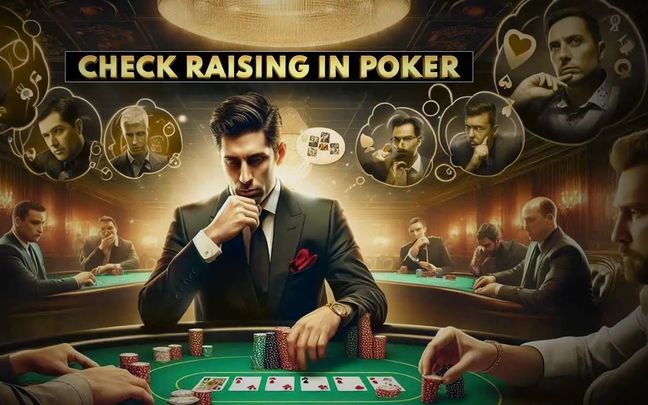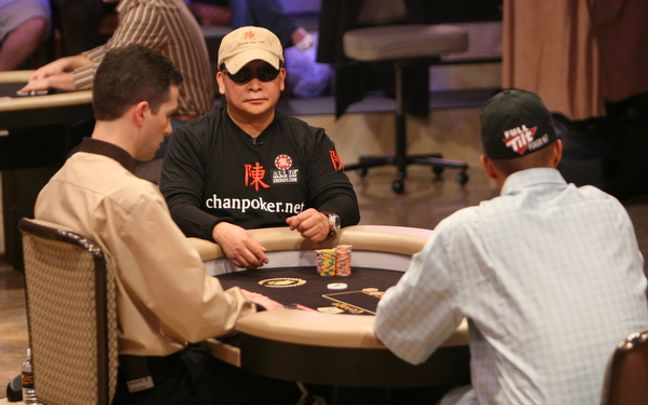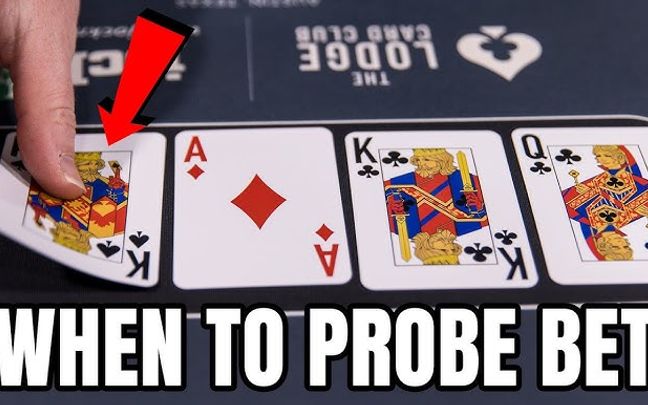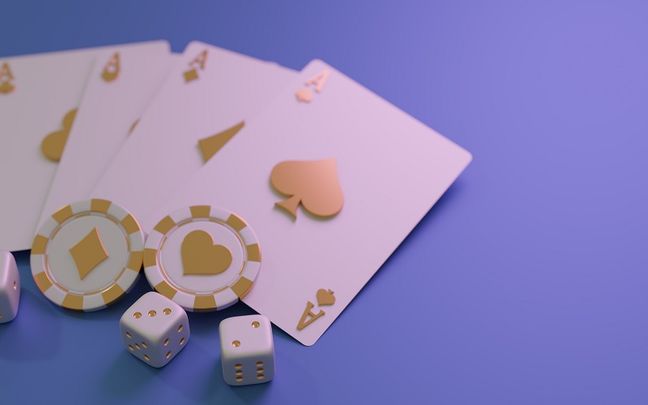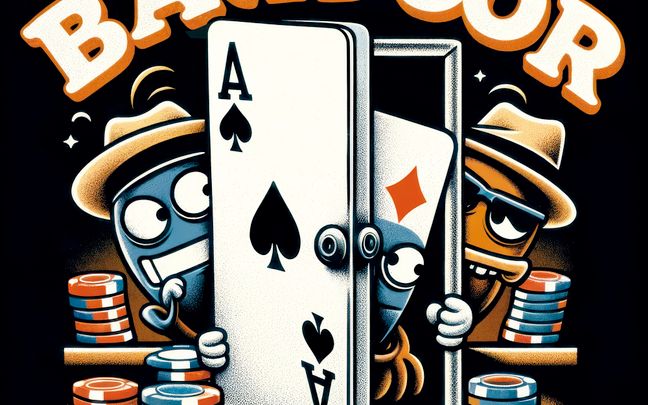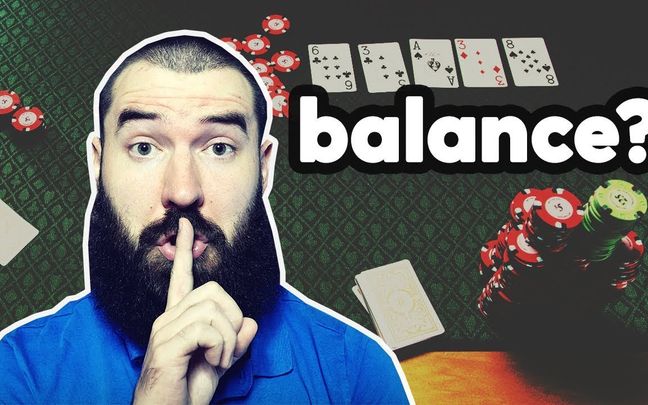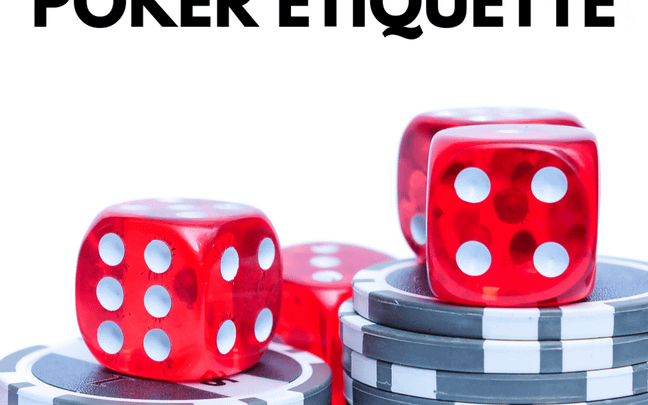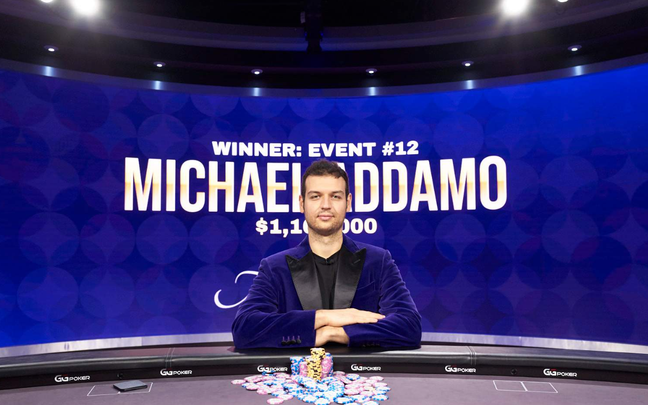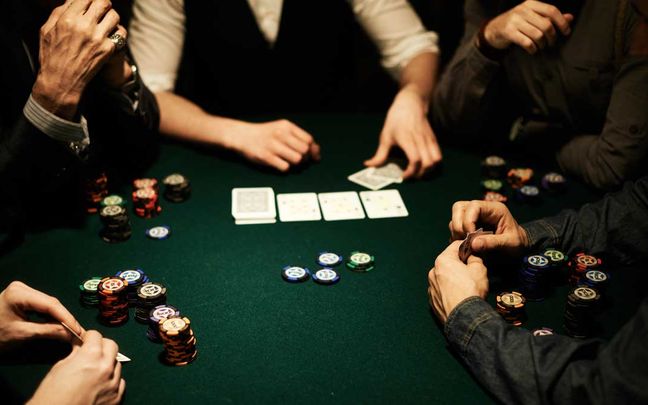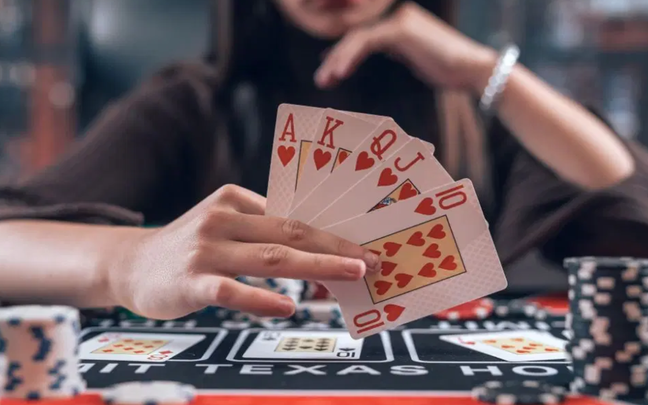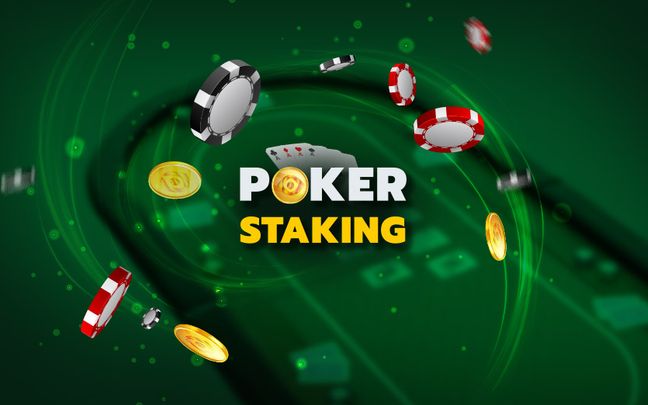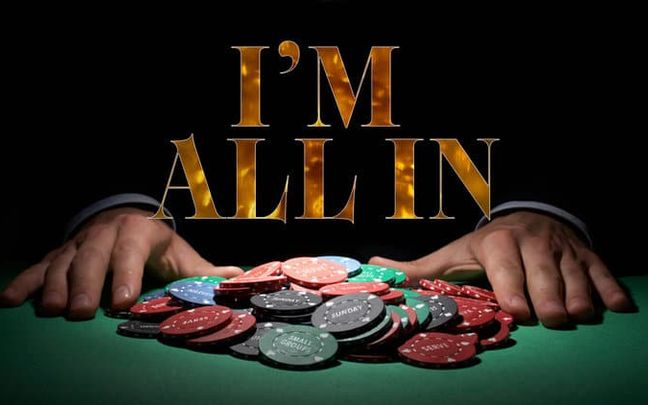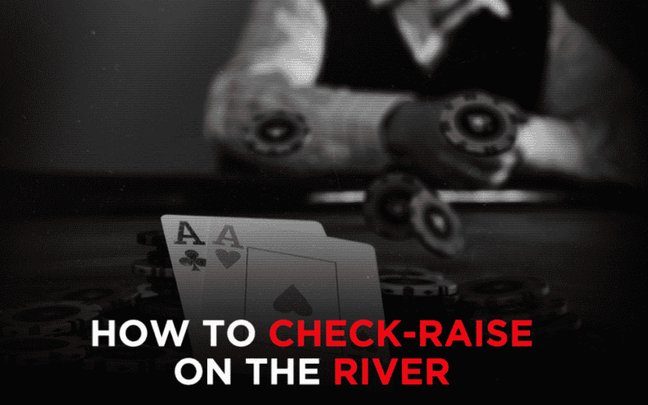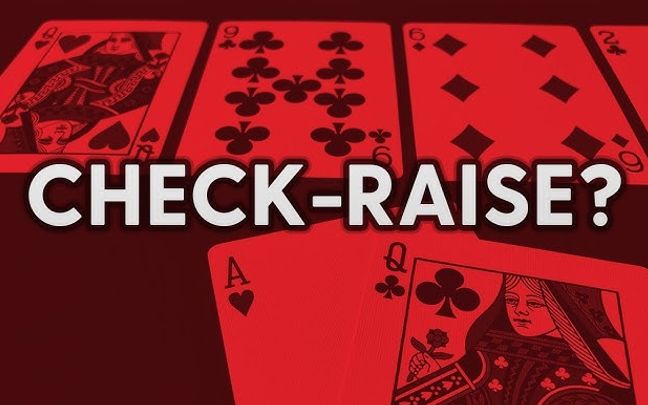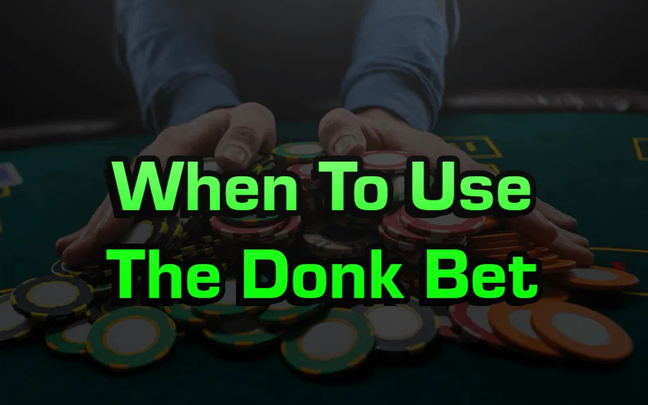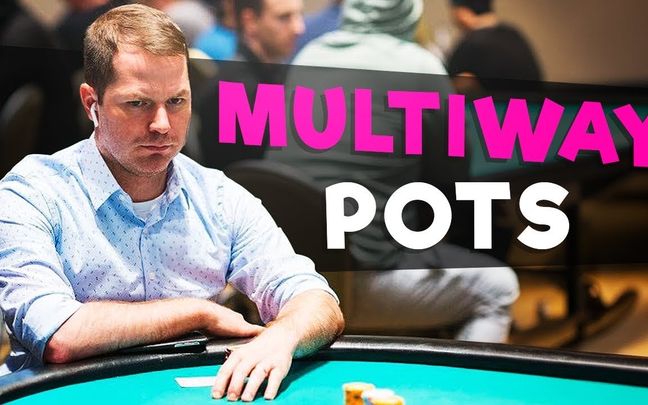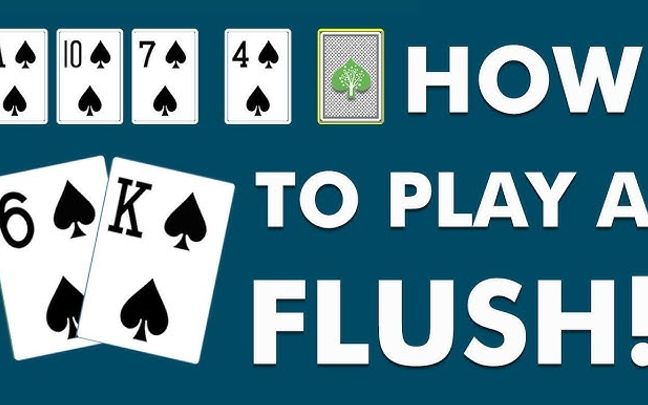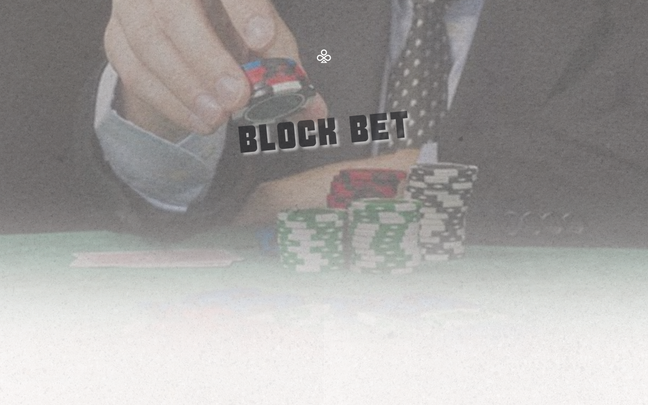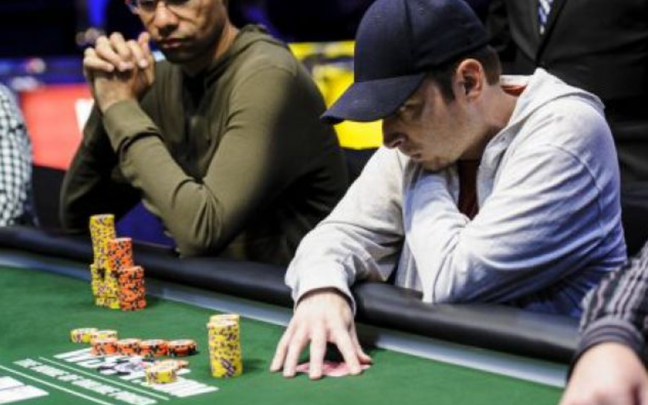"What is a dealer?" is a common question for those who love casino games, especially poker. The dealer plays a crucial role in ensuring that every hand is dealt fairly and smoothly. Beyond simply dealing the cards, the dealer manages the bets, maintains order, and creates an enjoyable playing experience for everyone involved. This article will help you understand the role of the dealer, the tasks they perform, and their importance in casino games.
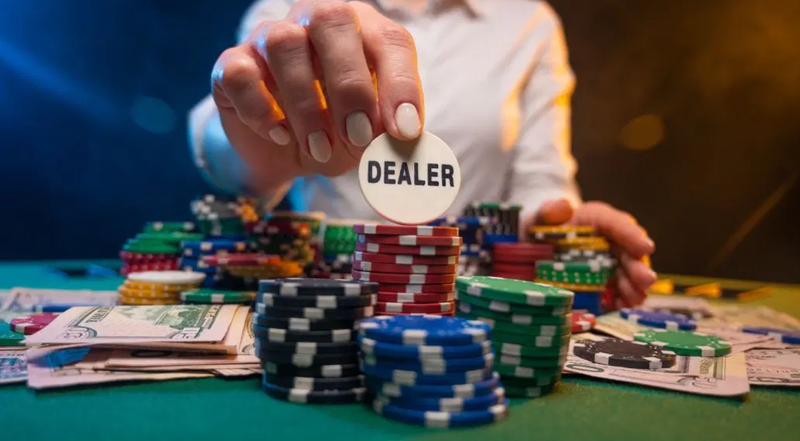
The dealer ensures that the poker game runs fairly and smoothly.
What is a Dealer in Poker?
Many beginners often wonder what is a dealer. In short, a dealer is a familiar term in card games like poker, blackjack, and baccarat. The dealer plays a highly important role, not just as the person who deals the cards but also as the one who manages the entire process of the game. Below is a detailed look at the dealer's duties and role.
Dealing the Cards
One of the dealer’s primary duties is to deal the cards to the players. In each hand, the dealer distributes the cards according to the rules of the specific game. The dealing process is carried out meticulously to ensure that there is no cheating and that all players receive the same number of cards. This is especially important in games like poker, where every card can determine the outcome.
Managing the Bets
The dealer not only deals the cards but also handles the players' bets. This includes collecting the bets, placing them in the correct positions on the table, and then calculating and paying out winnings to the winners. In games like roulette, the dealer collects the losing bets and pays out the winning ones, ensuring that all transactions are accurate and transparent.
Maintaining Order
The dealer is also responsible for maintaining order at the table. They ensure that all players follow the rules of the game, from placing bets at the correct time to not revealing their cards to others. The dealer also resolves any disputes that arise, making decisions based on the game’s rules to keep the hand running smoothly. In case of errors or issues, the dealer can pause the game to resolve them and then continue.
Interacting with Players
A good dealer is not only technically skilled but also knows how to interact with the players. They often create a friendly atmosphere, helping players feel comfortable and enjoy the game. This is particularly important in a poker setting, where the players' experience is a key part of the entertainment. The dealer can answer questions, guide new players on how to play, and maintain enthusiasm throughout the session.
Managing Game Tools
In some games like roulette, blackjack, or baccarat, the dealer is also responsible for managing the game tools, such as the roulette wheel, decks of cards, or automatic shuffling machines. They ensure that these tools are always in the best condition, without any errors or technical issues that could affect the outcome of the game.
The Role of the Dealer in Poker
In poker, the dealer's role varies depending on the type of game. In professional casinos, the dealer is usually a casino employee and does not participate in betting. They are only responsible for dealing the cards and managing the game. However, in home games or smaller tournaments, one of the players may take on the role of the dealer. Here, the dealer position is designated by a button (the dealer button) that moves clockwise after each hand to ensure that the dealing is fair among all players.
Ensuring Fairness
Lastly, the dealer acts as the guarantor of fairness in the game. They must adhere to strict rules to ensure that no one violates or exploits the rules to cheat. This includes checking the cards, monitoring player behavior, and maintaining a fair playing environment for everyone.
Dealers are an essential part of every card game and casino setting. They are not only the operators of the game but also the creators of a fun and fair playing experience for all participants. With their professionalism and skills, dealers ensure that each hand runs smoothly, creating a safe and enjoyable gaming environment.
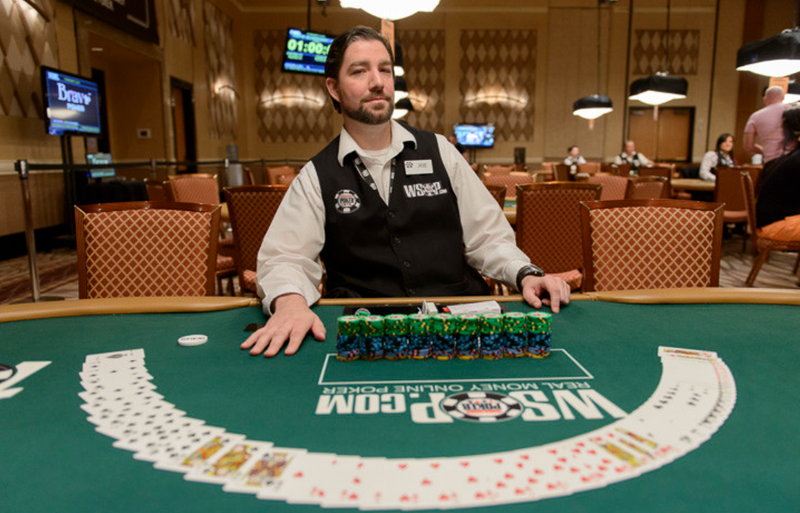
The dealer is responsible for dealing the cards correctly and according to the rules of the game.
6 Essential Skills to Become a Professional Dealer
After introducing the concept of what a dealer is, let’s move on to the insights that can help you become a professional dealer. It takes more than just knowing how to deal cards to become a top-tier dealer. Here are six crucial skills required to become a proficient and trusted poker dealer.
Quick and Efficient Card Handling
A professional poker dealer needs to have quick and accurate card-handling skills. This includes dealing cards, shuffling, and collecting cards smoothly without revealing any information to the players. This skill requires practice and dexterity in hand-eye coordination to ensure that the game runs smoothly without interruptions.
Solid Knowledge of Poker Rules
A deep understanding of poker rules and variations is essential for a professional dealer. This includes not only the basic rules of the game but also detailed regulations related to each type of poker (such as Texas Hold’em, Omaha, or Seven Card Stud). A dealer must know how to handle complex situations, distinguish between different hands, and make accurate decisions during disputes.
Good Mathematical Skills
The ability to calculate quickly and accurately is vital, especially when managing bets, pots, and payouts. Dealers need to know how to split bets and determine the winners correctly, while doing so promptly to avoid disrupting the flow of the game.
Emotional Management
In a poker environment, players can become tense, frustrated, or overly excited. A professional dealer must know how to remain calm and not let personal emotions affect their work. The ability to handle stressful situations and deal with difficult players is essential to maintaining order and fairness at the table.
Effective Communication
Clear and effective communication is crucial for keeping the game running smoothly. Dealers need to announce the steps of the game, confirm bets, and explain situations in an understandable manner. The ability to listen and address players' questions politely and professionally is also an important part of communication skills.
Attention to Detail
A professional poker dealer must have a keen attention to detail. This includes monitoring every player’s actions, ensuring no mistakes occur during card dealing, bet management, or pot distribution. Being meticulous in every small step is necessary to maintain the integrity of the game.
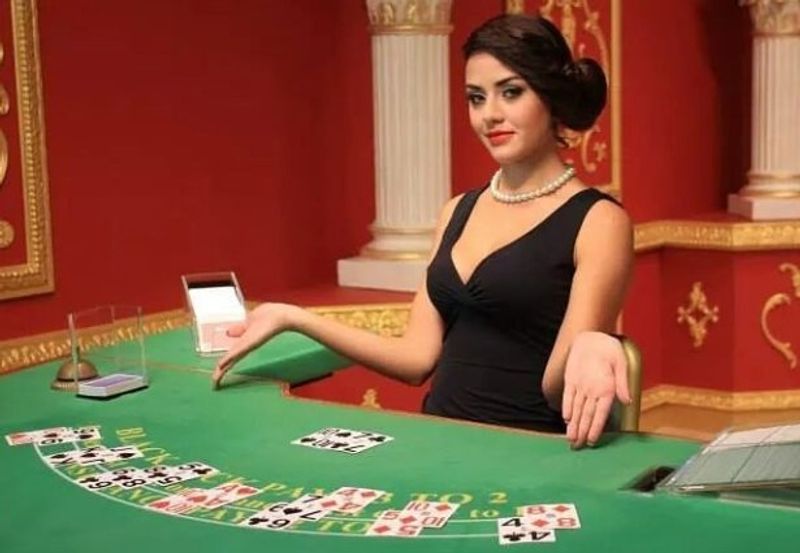
The dealer manages the bets, collects, and accurately distributes the pot.
Combining these skills with a solid understanding of what it means to be a dealer will help you become a professional poker dealer who is respected and trusted in the poker environment. Each skill requires practice and experience, but with perseverance and effort, you can succeed in this role.
